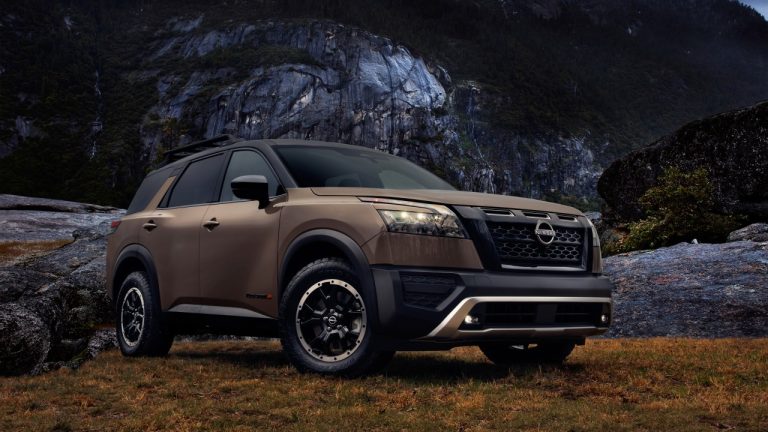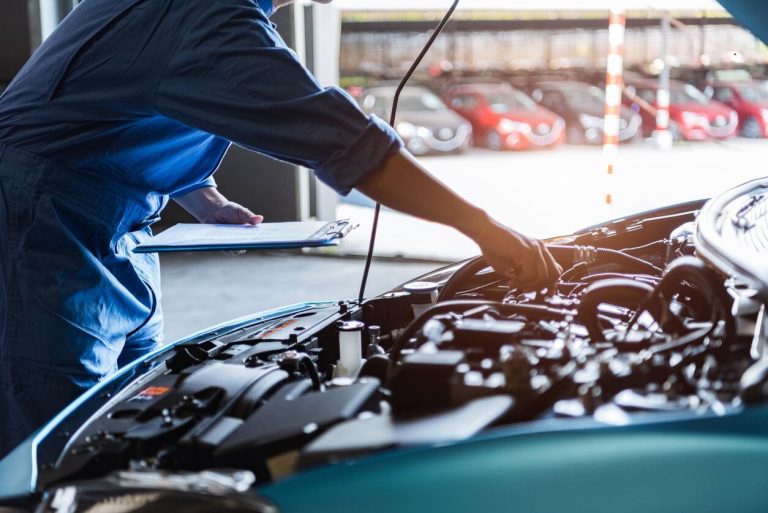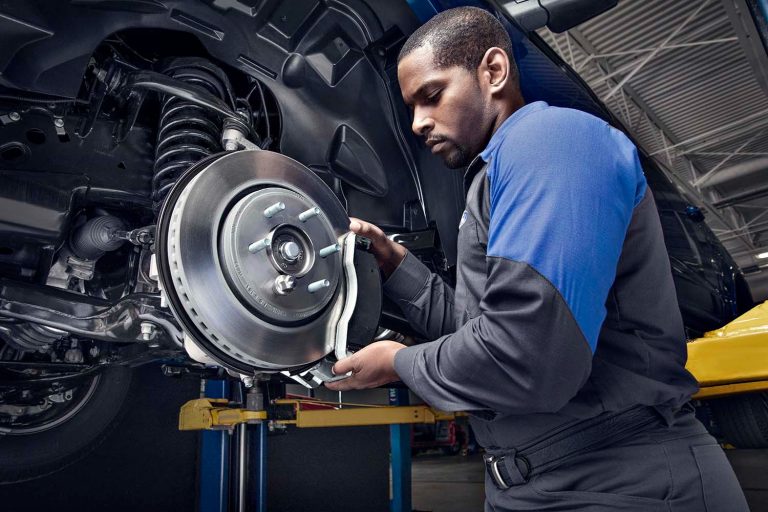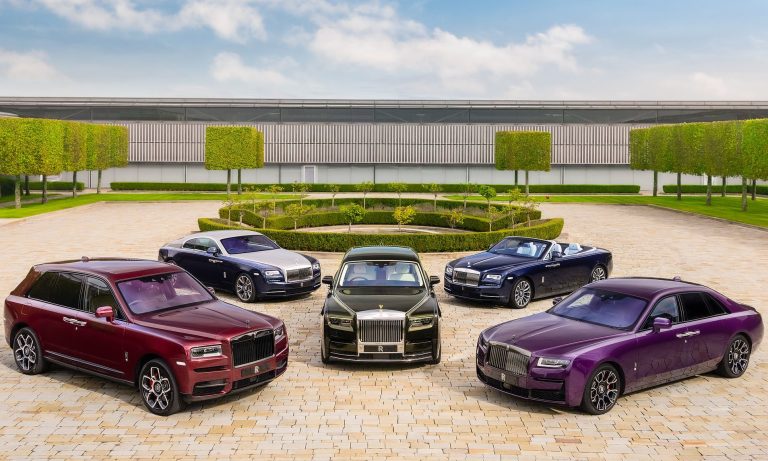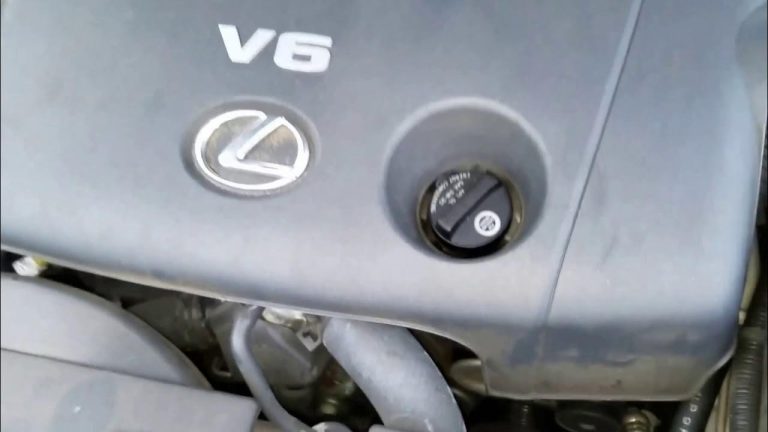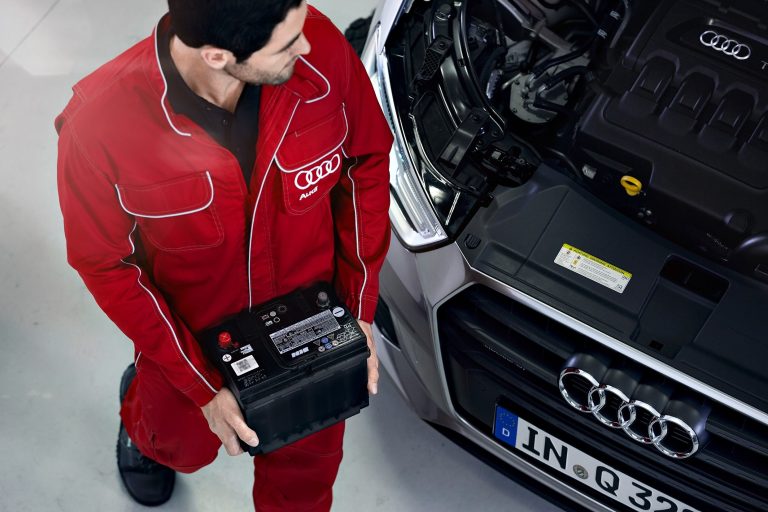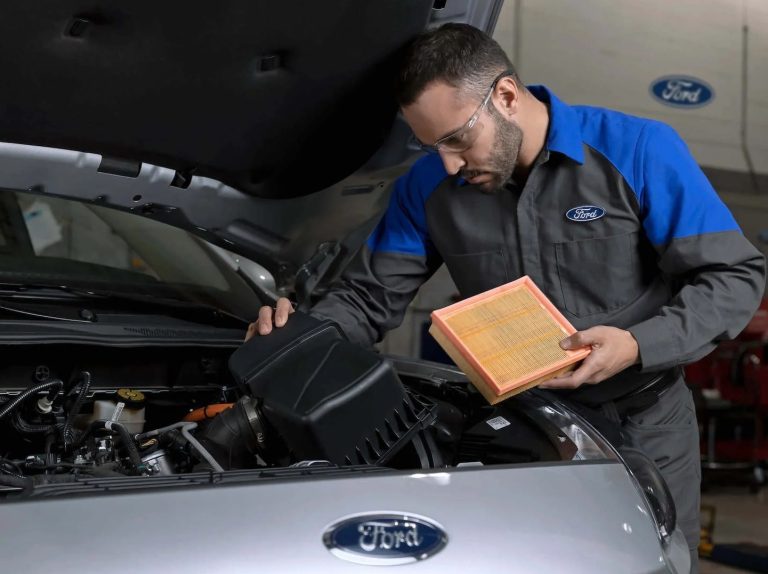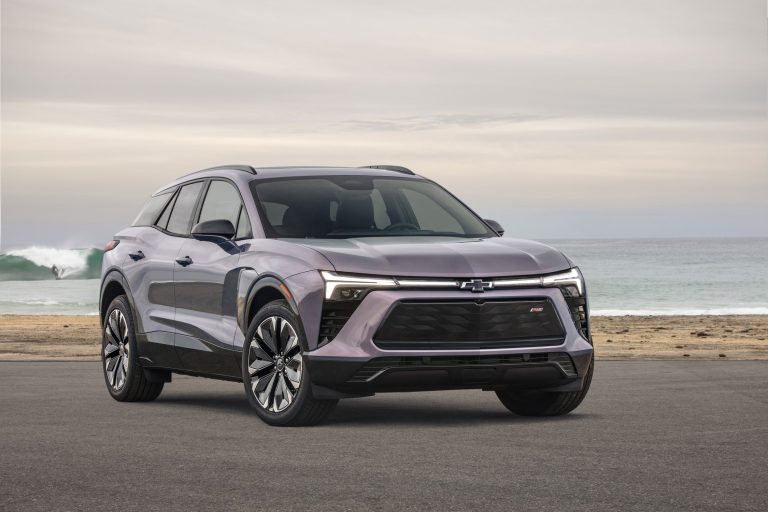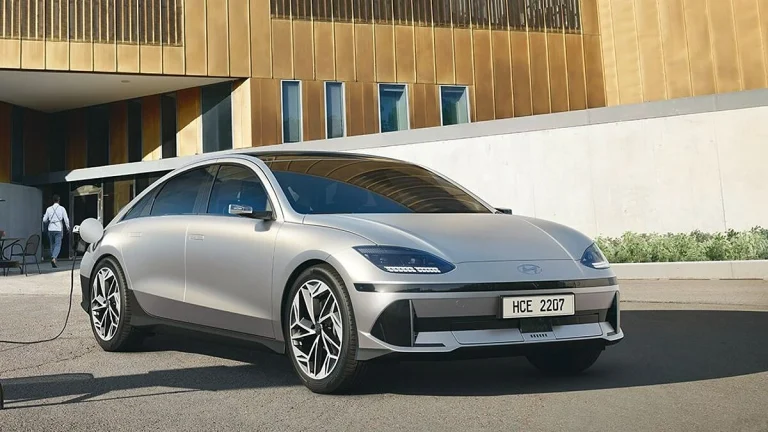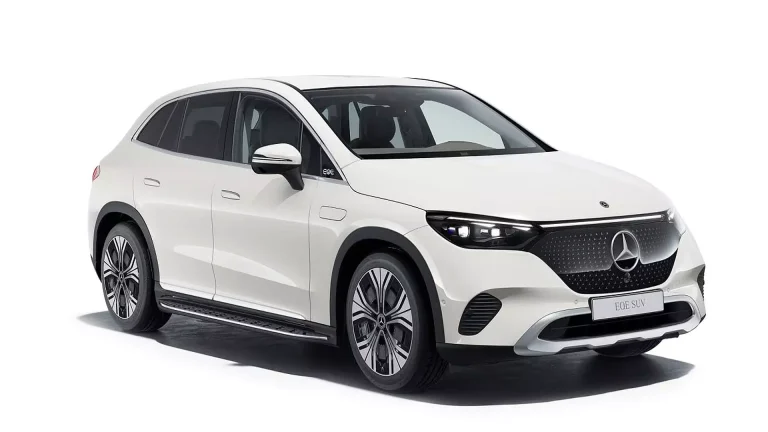The Dodge Charger is more than just a car; it’s a symbol of power and performance. But even strong machines fail when owners ignore basic care. Small mistakes can pile up, turning an amazing muscle…
Category: Guide
10 Easy Fixes That Keep a Subaru Forester Reliable After 200k Miles
The Subaru Forester has built its name as a tough, practical, and long-lasting SUV. Many proud owners drive their Foresters past 200,000 miles, proving how dependable this vehicle can be. But getting there requires mindful…
9 Proven Steps to Keep a Nissan Pathfinder Road-Trip Ready
The Nissan Pathfinder has earned a strong reputation for reliability and versatility. It combines spacious seating with a smooth ride, making it an excellent choice for families and adventure seekers. Its sturdy construction ensures it…
Top Rear Wiper Systems That Leave a Blind Spot
Rear wipers help drivers see clearly through the back window, especially when it’s raining or dusty outside. They wipe away water, dirt, and debris. This allows the driver to drive safely and avoid accidents while…
8 Factory Windshield Defoggers That Actually Work Fast
Driving with a foggy windshield is one of the most annoying things that can happen, especially in the morning. It makes it hard to see the road clearly, and that can be dangerous for you…
10 Cars Used for Long-Distance Deliveries With Zero Issues
Driving long distances every day puts a lot of stress on a car. For people who do deliveries across cities or states, the vehicle they use needs to be strong, reliable, and ready to handle…
The Truth About Using Aftermarket Parts on Your Car, What You Should Know
Statistics reveal that as much as 35% of car accidents stem from worn tires. Despite this alarming figure, components like tires, wheels, suspensions, and turbochargers are frequently swapped for aftermarket alternatives, which can increase the…
Why the ‘Check Engine’ Light Doesn’t Always Mean the Worst
We often experience a sinking feeling when the check engine light suddenly illuminates in our vehicles. For some, it sparks immediate concern, while others might be tempted to ignore it if the car seems to…
5 Hidden Car Functions Designed to Make Life More Convenient
Your vehicle likely has a variety of helpful features you might not even be aware of, especially if you’ve never taken the time to explore them. Different car models offer unique “Easter eggs,” but some…
What You Need to Do if Your Car’s Air Conditioning isn’t Cooling Properly
Your vehicle’s Air Conditioning (A/C) system consists of various intricate components. A single malfunctioning part can lead to the entire system underperforming. If you find that your A/C isn’t delivering cold air, there’s no need…
Key Signs to Recognize a Fake Classic Car and Avoid Scams
Three million five hundred thousand instances of fraud occurred in 2024, resulting in £11.4 billion being stolen from consumers, as reported by the Global Anti-Scam Alliance. An unusual rise in these fraudulent activities targeted used…
Car Warranties Explained, Know What’s Protected and What Isn’t
When owning a car, one often encounters offers for extended warranties or service contracts, which rank among the most aggressively promoted products in the automotive industry. This article explores extended warranty plans, including their functions,…
Proven Ways to Enhance the Resale Value of Your Car
Selling a car can feel like a challenging process, especially if your goal is to secure the highest possible price. If you’re considering parting with your vehicle or planning to sell it soon, there are…
Essential Car Gadgets to Enhance Your Driving Experience
Congratulations on acquiring your dream car! Before you hit the road, take a moment to think about additional enhancements that can make your vehicle uniquely yours. Accessories serve more than an aesthetic purpose—they enhance the…
How to Tell if Your Car Has Been in an Accident (Without a Mechanic)
Buying a car represents an important financial commitment, often requiring thoughtful research and preparation. One often-overlooked factor is the car’s history, particularly whether it has been in an accident. Gaining an understanding of a vehicle’s…
10 Worst Car Buying Mistakes that Can Ruin Your Wallet
Purchasing a car is often among the largest financial decisions you’ll face. Depending on your circumstances, it can either be a stressful obligation or an exciting milestone. If you’ve been forced to shop for a…
The Dangers of Ignoring Strange Sounds in Your Car’s Engine
Encountering an unexpected noise from your vehicle can be unsettling, especially when its cause is unclear. While it might be tempting to ignore such sounds, they often signal underlying issues that require attention. Taking immediate…
7 Most Expensive Car Repairs that Will Leave You Speechless
Car repairs can quickly strain anyone’s budget. Fixing or replacing components in a vehicle often incurs expenses, especially when warranties no longer apply. Certain repairs are particularly costly, making it useful to know potential expenses…
Comprehensive Car Maintenance Advice to Keep Your Vehicle Running Smoothly
To ensure your vehicle operates efficiently and lasts longer, here is a comprehensive checklist for routine inspections based on time and seasonal changes. Some components require frequent attention, while others demand periodic checks. Always adhere…
Are Small Cars Making a Comeback? The 2025 Mini Cooper Says Yes
The automotive industry has witnessed an intriguing trend as small cars make a significant comeback, and the 2025 Mini Cooper stands at the forefront of this resurgence. For years, the market has been dominated by…
How to Make Your Car’s Engine Last a Million Miles (Yes, it’s Possible)
Routine maintenance and oil changes are essential for keeping your vehicle running smoothly over time, as various components such as air filters can become clogged, brake pads can wear down, and serpentine belts can stretch…
The Return of the Chevy Blazer EV: Is It a Hit or Miss?
The Chevrolet Blazer EV represents a bold reimagining of an iconic nameplate, marking Chevrolet’s ambitious push into the premium electric SUV segment. Launched in 2024, this electric incarnation of the classic Blazer ventures far from…
The 2025 Jeep Wrangler Goes Hybrid: Off-Road Meets Sustainability
The Jeep Wrangler has always been synonymous with adventure, ruggedness, and a certain rebellious spirit. This iconic vehicle, with its roots deeply embedded in off-road culture, has been a favorite among enthusiasts and adventurers for…
Why the Hyundai Ioniq 6 Is the Most Underrated EV of the Year
The Hyundai Ioniq 6 stands as one of the most intriguing yet overlooked electric vehicles of 2024, representing a bold departure from conventional EV design and capabilities. Despite winning numerous accolades, including the prestigious World…
Mercedes-Benz EQE SUV: The Perfect Blend of Luxury and Sustainability
Mercedes-Benz has long been synonymous with luxury and innovation, and its latest offering, the EQE SUV, is no exception. This all-electric SUV combines the opulence and advanced technology that Mercedes-Benz is known for with a…



